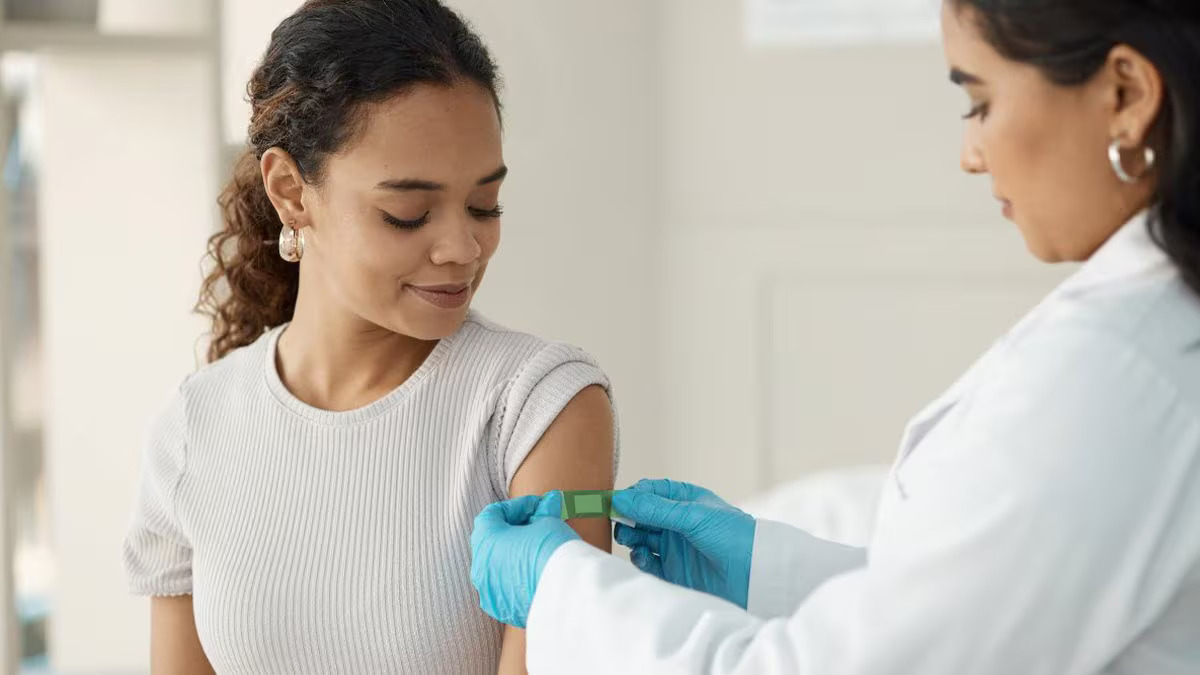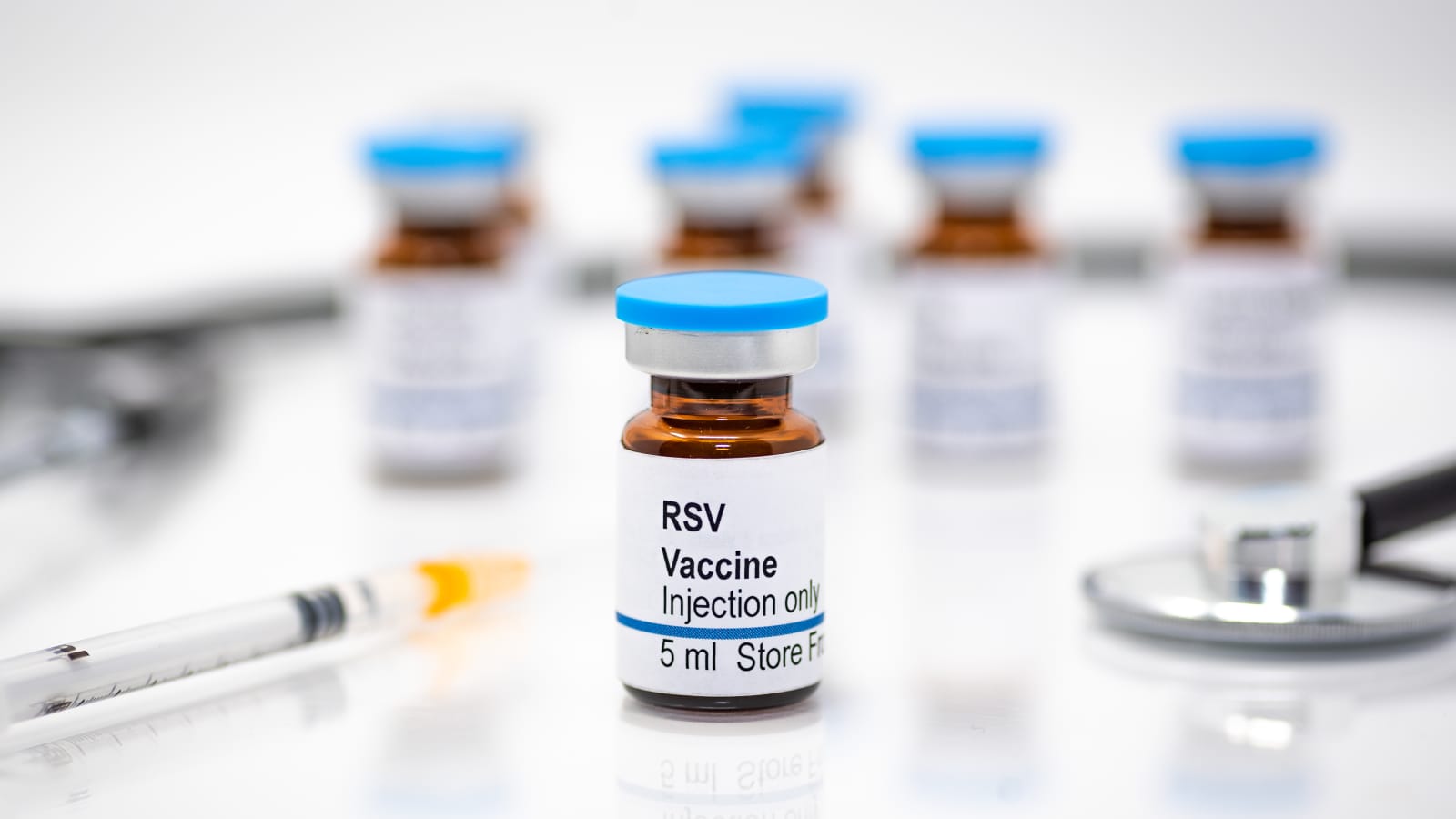The U.S. Food and Drug Administration (FDA) has approved Pfizer’s RSV vaccine, Abrysvo, for adults aged 18 to 59 who are at an increased risk of lower respiratory tract disease caused by respiratory syncytial virus (RSV). This approval marks an expansion of the vaccine’s availability beyond older adults, addressing the needs of younger adults with underlying health conditions that make them more vulnerable to RSV infections. The vaccine’s broader approval adds a new tool to help protect a larger segment of the population against RSV.
Despite this FDA approval, the vaccine is not yet available for adults under 60. The Centers for Disease Control and Prevention (CDC) has yet to recommend the vaccine for this younger age group. The CDC currently advises RSV vaccination primarily for adults aged 75 and older, as well as those aged 60 to 74 who are at high risk of severe illness. For adults younger than 60, the CDC will need to update its guidance before the vaccine can be widely used.

The decision to approve the vaccine for younger adults was based on data from a late-stage clinical trial conducted in immunocompromised adults aged 18 and older. The trial demonstrated that Abrysvo was well-tolerated and maintained a safety profile similar to previous studies of the vaccine. These findings supported the FDA’s decision to expand the vaccine’s use to a younger population at higher risk for RSV-related complications.
While the CDC’s advisory committee is scheduled to review Pfizer’s data at an upcoming meeting, no immediate vote is expected on whether to recommend the vaccine for adults under 60. As the CDC continues its review, public health officials are considering the broader implications of making the RSV vaccine available to more people, particularly those in high-risk groups below the age of 60.
RSV is a common virus that typically causes mild cold-like symptoms but can lead to more serious respiratory issues, such as pneumonia, particularly in vulnerable populations like infants and older adults. In the United States, RSV leads to approximately 177,000 hospitalizations and 14,000 deaths each year, making prevention efforts, including vaccinations, crucial for reducing its health impact.
